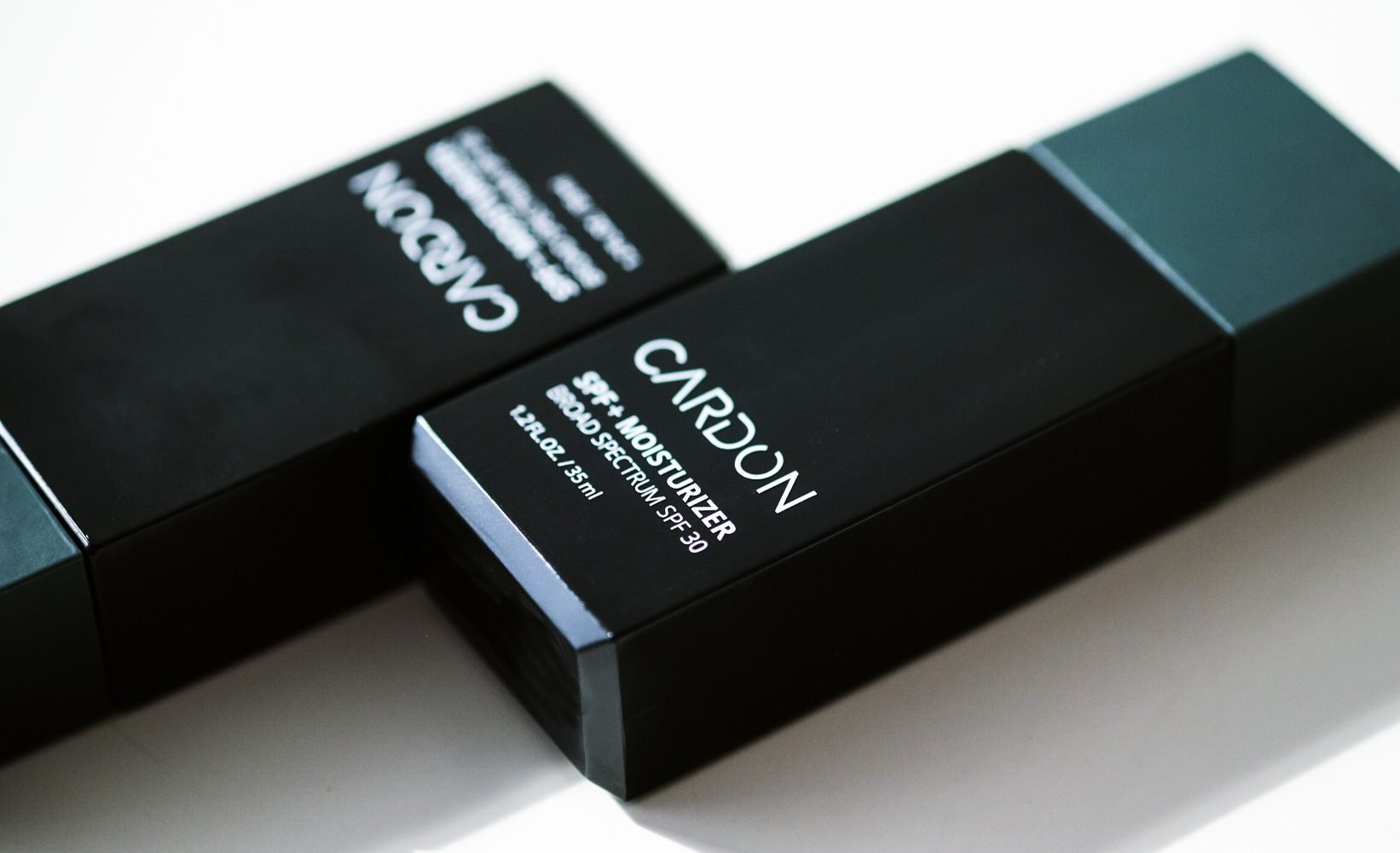
New Brand Cardon Harnesses K-Beauty Technology To Make Men’s Skincare Better
While classmates at University of Pennsylvania’s Wharton School MBA program, Narae Chung tried to convince Jacqueline Oak to join her embryonic men’s skincare brand. Busy building a small business financial planning tool, Oak kindly declined, but agreed to help her friend set up a consumer focus group to provide insights on men’s personal maintenance habits.
“We ordered beer and pizza, and had eight men talk about skincare. When you create a safe space, it’s incredible how much interest there is. They don’t know where to turn to. They’ll turn to their mom, sister, girlfriend or wife, and they’ll steal their products, but it’s not something they talk about to each other at the gym,” says Oak. “That really got me excited, and we started to work on the company together.”
Two years later, new brand Cardon is harnessing K-Beauty technology to encourage men to establish skincare routines beginning with its $20 debut product, a daily broad spectrum SPF 30 moisturizer. Capitalizing on Chung’s connections—she spent almost a decade at Procter & Gamble in brand management—Cardon secured Kolmar Korea Co. Ltd., the largest skincare manufacturer in South Korea, to make a quick-absorbing sunscreen that doesn’t feel like a typical sticky sunscreen.
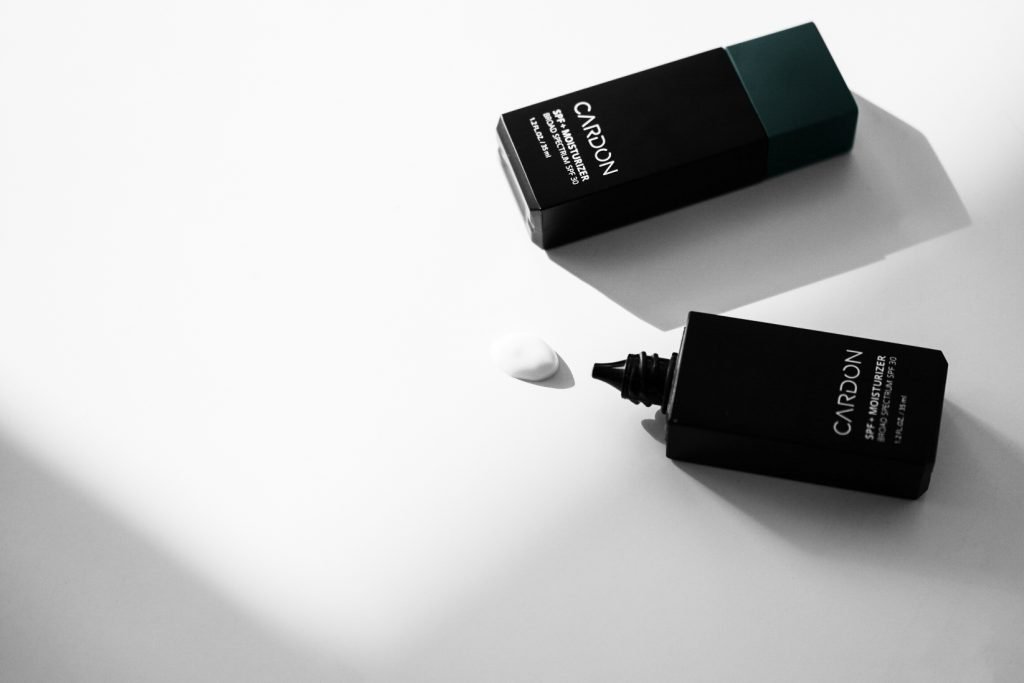
“We changed our formula from an oil-based formula to a water-based formula because research shows that men’s skin is 25% thicker than women’s, and they produce more oil than women. Also, their skin gets irritated if they’re shaving,” explains Oak, noting Cardon’s gentle SPF formula is infused with soothing cactus extract, a cooler version of the familiar ingredient aloe. “Women now have a lot of SPF in their foundations and other products. There was this gap where men weren’t protecting their skin, but they understand that sun damage and skin cancer are real problems.”
“There was this gap where men weren’t protecting their skin, but they understand that sun damage and skin cancer are real problems.”
Cardon, which is named for a giant cactus plant, aims to persuade men buying drugstore products from the likes of Dove and Neutrogena to trade up to a $20 offering Oak swears delivers a better experience, and men buying high-end products from the likes Lab Series, Aesop and Kiehl’s Since 1851 to pick up a comparably affordable option that doesn’t skimp on performance. The brand’s portable 35-ml. bottle is intended to last two months, and customers can save 10% by putting the product on subscription.
Chung spearheaded Gillette’s strong Asian sales growth during her tenure at P&G, and noticed the Asian boom in men’s personal care that she anticipated would travel to the United States. Today, she and Oak feel American men are ready to elevate their skincare practices. “We are just at the beginning of the trend,” says Oak. “What we are seeing is the definition of masculinity changing. It’s no longer about the Wall Street dude that makes a ton of money and doesn’t care or the hunt-with-my-bare-hands guy who doesn’t care. What’s become more accepted is a guy taking care of himself. It’s viewed as sexy.”

Cardon will round out its product portfolio in the fall. It expects to release a facial cleanser, night cream, eye serum and items Oak describes as viral to lure men to the brand to eventually purchase their regular repertoire. In addition, Cardon will be unveiling a digital regimen recommendation mechanism to guide men as they incorporate skincare products into their shopping budgets. The brand’s core customers are millennial men, and they’re often drawn to skincare upon spotting signs of aging in their early 30s.
“What’s become more accepted is a guy taking care of himself. It’s viewed as sexy.”
Oak and Chung have invested less than $100,000 to bring Cardon to market, and they project it could register at least $1 million in first-year sales. To spread the word, the brand has reached out to over 50 influencers, and it’s primarily concentrating on micro-influencers with followings under 10,000. So far, Oak reports roughly 90% of influencers receiving products have posted about Cardon. She shares the brand could execute activations in gyms, airports and hotels to raise awareness as well.
Cardon is attempting to pin down investment to help amplify marketing and product development. Asked why the brand might be appealing to investors, Oak responds, “The LTV [lifetime value] of a male customer is going to be higher [than a female customer] because he doesn’t want to go through the discovery process again…We are making products based off of what he is complaining about in the current market. This is specifically engineered and formulated for his skin.” Cardon’s straightforward black and white design has been chosen with men desiring simplicity in mind as well.
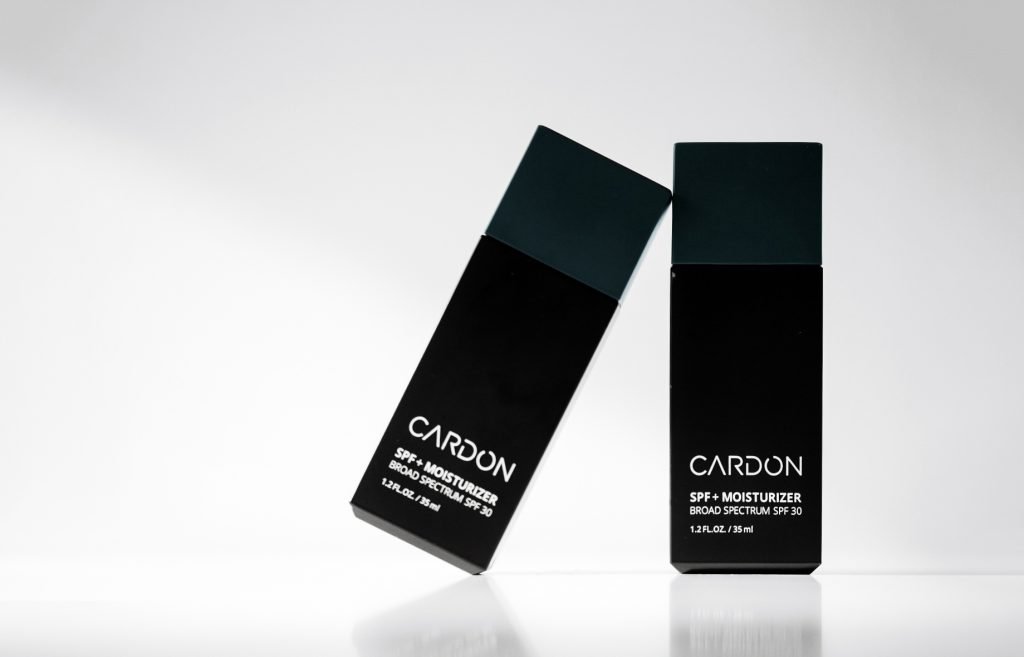
Although Cardon is launching with a direct-to-consumer model, it’s open to retail partnerships. “We see partnerships as a way for people to get introduced to the brand, but that’s not ultimately where we see them shopping,” says Oak, extremely familiar with e-commerce businesses from her work handling financial forecasting and LTV calculations at Quidsi Inc., Lola and MM.LaFleur. “These are ways to not be reliant on a single source. It’s easy to pour more money into Facebook or Instagram because it will generate some sort of result, but it’s more important to diversify your channels from the get-go.”

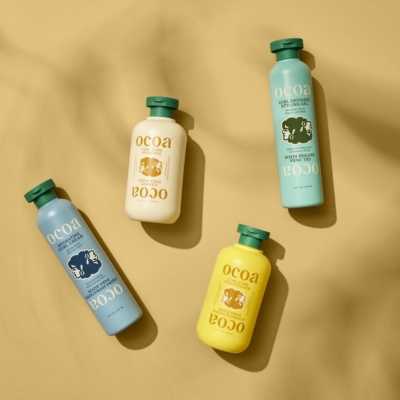
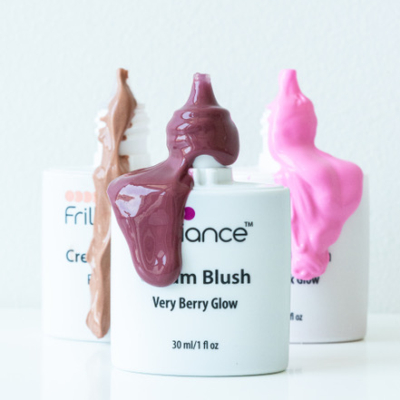

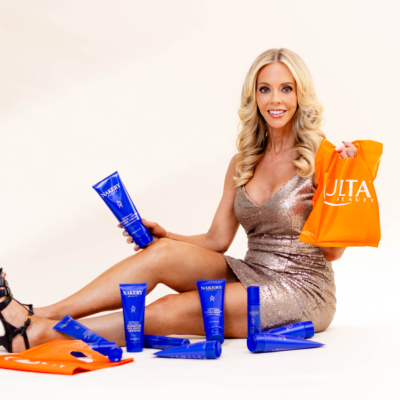
Leave a Reply
You must be logged in to post a comment.